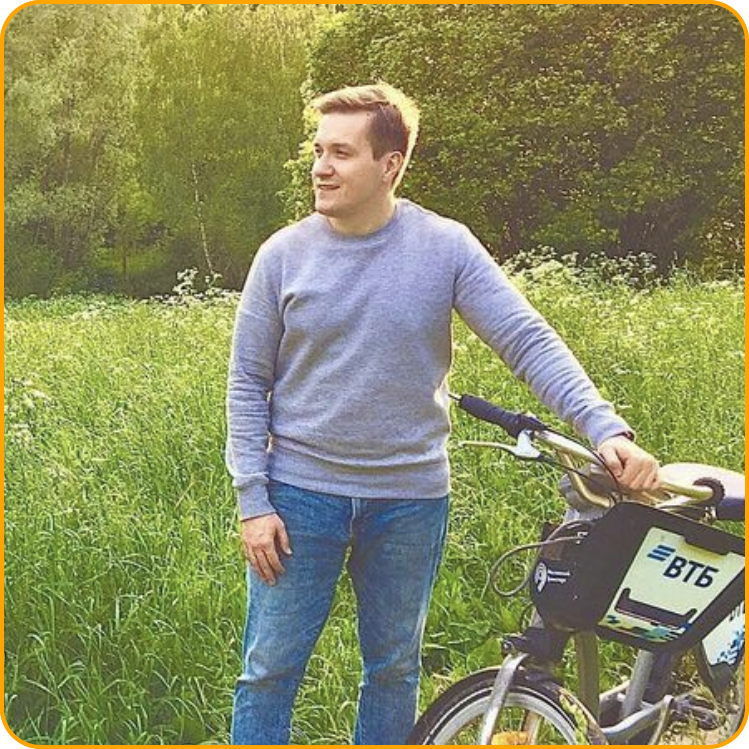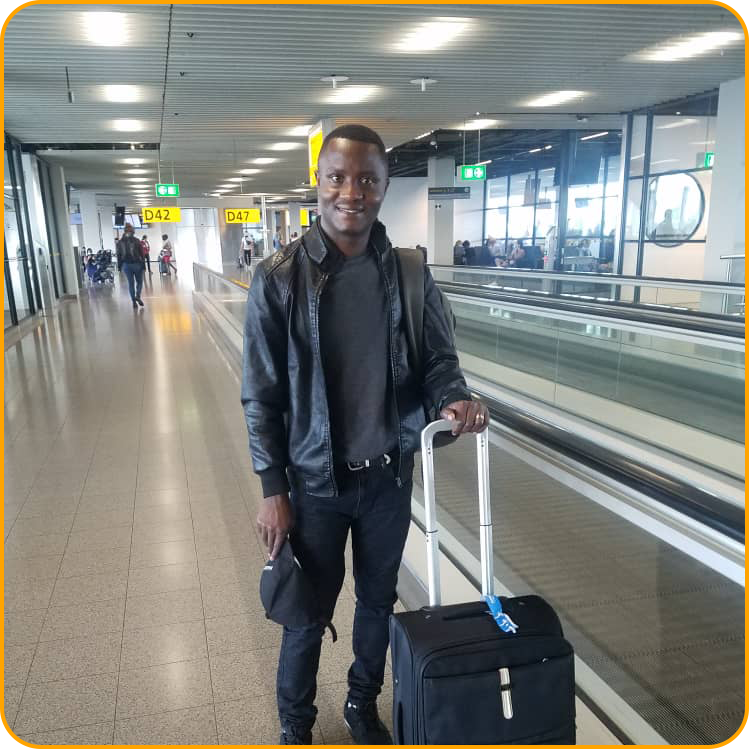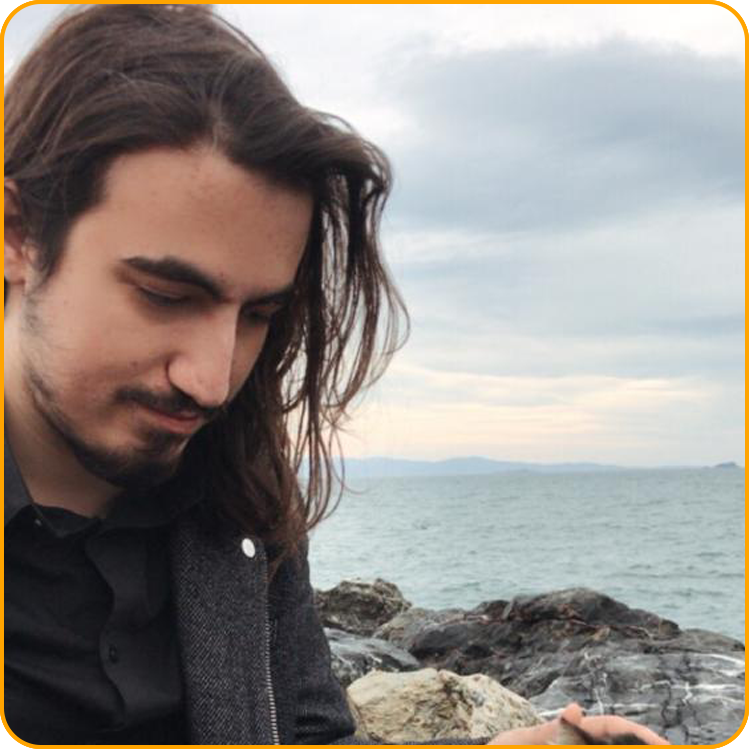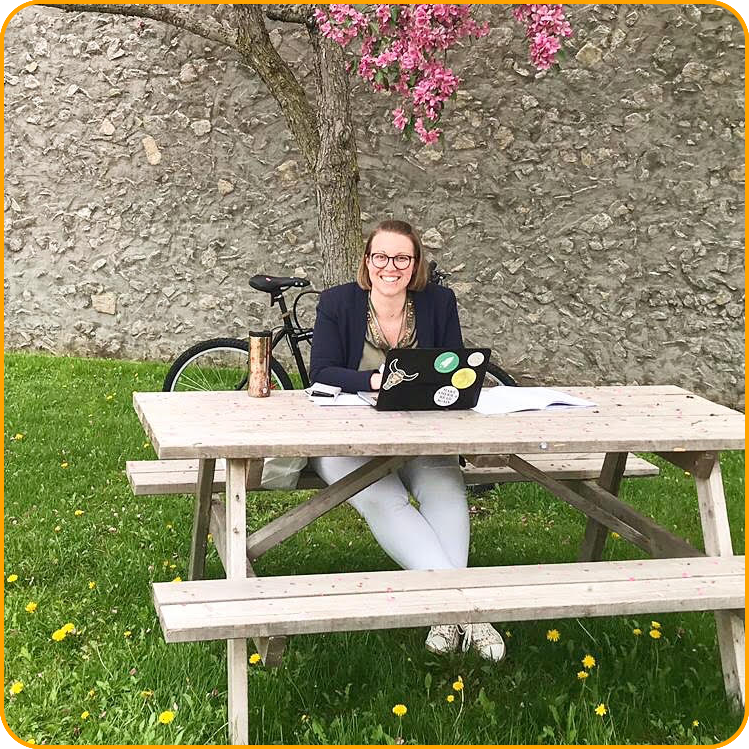Every year, millions of students worldwide choose to study abroad. While the experience is very rewarding, it can also be challenging to live in a new place, speak a different language, and experience a new culture, in addition to navigating day-to-day university life. Even the admissions process itself can present its own set of hurdles. Despite the obstacles, studying abroad offers today’s learners an enriching, transformative education.
A diverse group of test takers
Here at Duolingo, we have met many amazing international students through the Duolingo English Test, the world’s first high-stakes, digitally-native language proficiency exam. Our test takers come from all over the world, with many different first languages, backgrounds, and interests. The one thing they have in common is the desire to expand their horizons by studying abroad at an international university.

Duolingo English Test takers inspire us daily, so we invited them to share their advice in hopes of helping prospective international students plan their futures.
Real students share advice
On studying in another language

|
“Studying in a language other than our native language might be challenging. We need to invest our time in order to study and engage with its culture to understand language as the whole. But in the end, it is all worth it. When we are able to access education abroad, we can have more connections with people across the globe, and broaden our perspective regardless of our background.” |
|
|
|
On motivation
| “Personally, motivation was a deciding factor when I was thinking about studying abroad. I had to understand why I needed it, and what for. The main reason why I started studying abroad was to maintain and improve my English skills in terms of my teaching position. This can help you with fewer burn-outs, moving up the career ladder as well as with valuable experience. If things go wrong, it will be easier for you to stay on the right track when you know at the outset why you want to study there.” |

|
|
|
|
On perseverance

|
“My advice I would like to give to my fellow students who want to study at an English-speaking university is to have enough time to plan and prepare for it. Since my graduation from undergraduate studies, I have been applying for scholarships; but more than ten times, I received a simple answer like ‘We regret you have not been successful....’ and often, English language was the main elimination criteria. Regardless of the many ‘No’s’ received, I kept trying tirelessly until I made it.” |
|
|
|
On life outside the classroom
| “University is what happens outside the classrooms as much as the inside. Even on a virtual semester, forming genuine connections and engaging with your interests gets you a lot further than a slight GPA bump ever will.” |

|
|
|
|
On personal growth

|
“What people don't tell you when you go abroad is that at some point, you'll also come back to your home country and you'll be a different person. You'll have grown, have learned and seen things that some of your friends might not, and made friends abroad who shared that study abroad experience with you. And that's the beauty of it all. Looking back at your semester, year, or degree abroad, it'll all seem so easy, but that only means that you've grown so much that the things that seemed hard or even undoable to you when you started your journey eventually became meaningless because of how much you've grown.” |
|
|
|
On taking the Duolingo English Test
| “In contrast to other standardized tests, there isn't a formulaic method to nail the DET. If you want to do well in the test, incorporate English in your daily life in a way that is most natural to you. For example, that could look like texting international friends, reading books that interest you, and watching fun videos. As long as you are allowing yourself to be exposed to English on a daily basis through multiple dimensions, you are already doing the job to do well on the Duolingo English Test.” |

|
|
|
|
A global perspective
In an increasingly global society, the opportunity to live and study in a new culture can be life-changing. As these students demonstrate, there are so many different ways to study abroad. With thousands of unique universities around the world (most of which accept the Duolingo English Test!), you will find the path for you. Best of luck on your journey!
If you’d like to explore the Duolingo English Test to certify your English any time, anywhere, visit us at englishtest.duolingo.com/applicants.